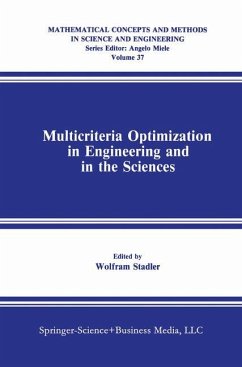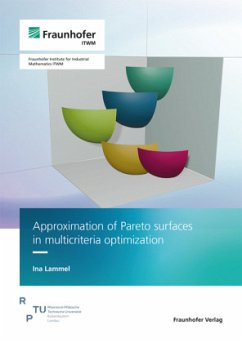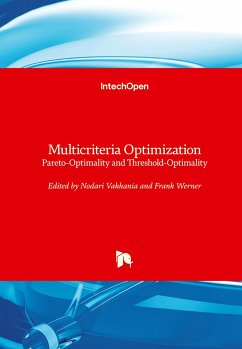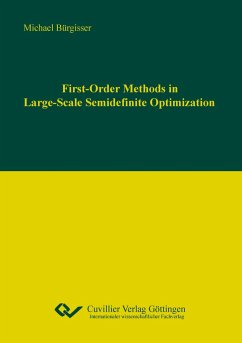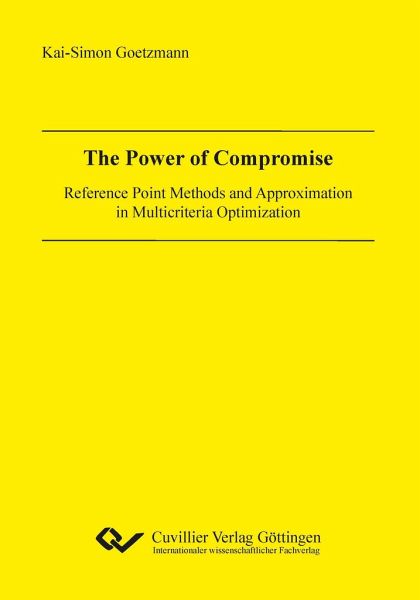
The Power of Compromise. Reference Point Methods and Approximation in Multicriteria Optimization

PAYBACK Punkte
0 °P sammeln!
In classical optimization theory, it is usually assumed that there is a single objective that is to be optimized: Find the cheapest solution, or the quickest, or the one of highest quality. In practice, however, we are often looking for solution that are both cheap, and quick, and of good quality. Usually these multiple criteria are in conflict ¿ there won¿t be a solution that is optimal in all objectives. Multicriteria optimization therefore studies extended solution concepts. One of these concepts is the so-called reference point method, including the special case of compromise programming...
In classical optimization theory, it is usually assumed that there is a single objective that is to be optimized: Find the cheapest solution, or the quickest, or the one of highest quality. In practice, however, we are often looking for solution that are both cheap, and quick, and of good quality. Usually these multiple criteria are in conflict ¿ there won¿t be a solution that is optimal in all objectives. Multicriteria optimization therefore studies extended solution concepts. One of these concepts is the so-called reference point method, including the special case of compromise programming. The thesis The Power of Compromise presents a comprehensive theoretical analysis of these concepts, and demonstrates their power: The ability to compute or at least approximate reference point solutions is (in the complexity theoretical sense) equivalent to the ability to compute, respectively approximate, the set of all Pareto optimal (i.e., non-dominated) solutions. The theoretical results are complemented by two examples of practical applications of the reference point method.




